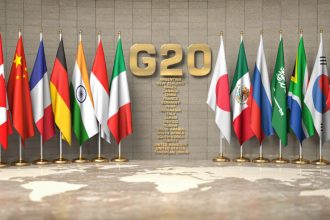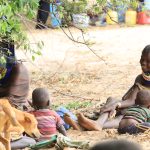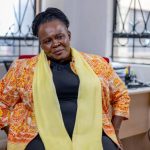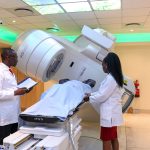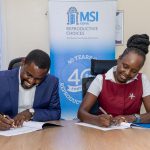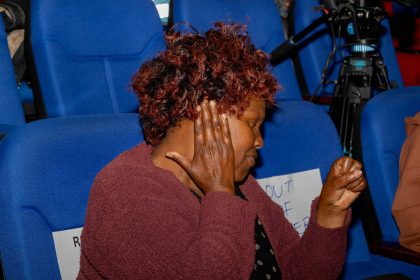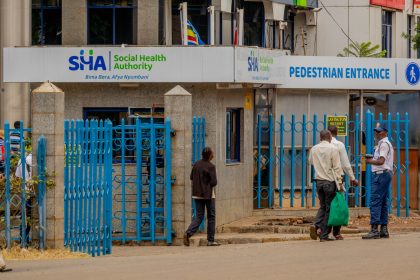This year’s gathering carried particular significance, coming just ahead of South Africa’s hosting of the G20 Health Ministers’ Meeting, having taken over the Presidency of the G20 just this year.
The 4th International Conference on Public Health in Africa (CPHIA 2025) opened in Durban, South Africa, last week with a bold agenda: transforming Africa’s health systems from dependency to self-determination.
But beneath the optimism, delegates grappled with complex questions about financing, data sovereignty, and the sustainability of local manufacturing, all central to Africa’s pathway toward health self-reliance.
Held under the theme “Moving Towards Self-Reliance to Achieve Universal Health Coverage and Health Security in Africa,” the four-day meeting brought together thousands of delegates, including ministers, scientists, youth innovators, and civil society, to confront the realities of turning ambition into action.
Hosted by the Africa Centres for Disease Control and Prevention (Africa CDC) in collaboration with the Government of South Africa and AfricaBio’s BIO Africa Convention, CPHIA 2025 has quickly become a defining space for African-led health diplomacy.
This year’s gathering carried particular significance, coming just ahead of South Africa’s hosting of the G20 Health Ministers’ Meeting, where African priorities are expected to shape global reform discussions.
The forum aimed to see how science can lead the decision-making process, and present key recommendations to the upcoming G20 ministerial meeting
In his opening address, Africa CDC Director-General Dr Jean Kaseya called on African nations to reclaim control over their health agendas, not just politically, but scientifically and economically.

“For the first time, Africa is inspiring the world,” he said. “The world is coming to learn from Africa. This reform of global architecture means we are co-architects. We are 1.4 billion proud Africans making our own agenda. We are proud of that.”
Dr Kaseya underscored that CPHIA is not a political forum but a scientific one, driven by evidence and innovation. “We didn’t invite politicians. CPHIA is mostly scientific people,” he explained. “We wanted to see how science can lead the decision-making process and use this opportunity to bring your recommendations to the G20 ministerial meeting.”
The Director-General also touched on data sovereignty: “When a donor decided to stop his program in Africa, it was not just the program we saw disappearing. We saw our data disappearing,” he said.
A key theme in this year’s CPHIA was the drive to expand Africa’s local manufacturing capacity for vaccines, diagnostics, and therapeutics, all of which are important towards achieving self-reliance.
“Today, no country can sustain local manufacturing if they manufacture only for their own people,” Dr Kaseya added. “We need to manufacture for the continent. This is why we created the African Procurement Mechanism, the driver for local manufacturing.”
The mechanism aims to harmonise demand across African nations, enabling economies of scale and sustainable production that will help reduce dependence on external suppliers.
Representing the host nation, Deputy Minister of Health, Dr Joe Phaahla, called for a renewed commitment to African ownership and justice in health systems.
The G20 health presidency by South Africa offers a unique moment for Africa to influence global policy from a position of strength
“Every decision we take here must move us closer to health equity, economic inclusion and social justice,” he urged. “Through African leadership and global solidarity, we can build a future where our health systems are financed, powered and sustained by Africans themselves, ensuring that no community anywhere in this continent is left behind.”
Dr Phaahla noted that South Africa’s hosting of CPHIA 2025, followed by its
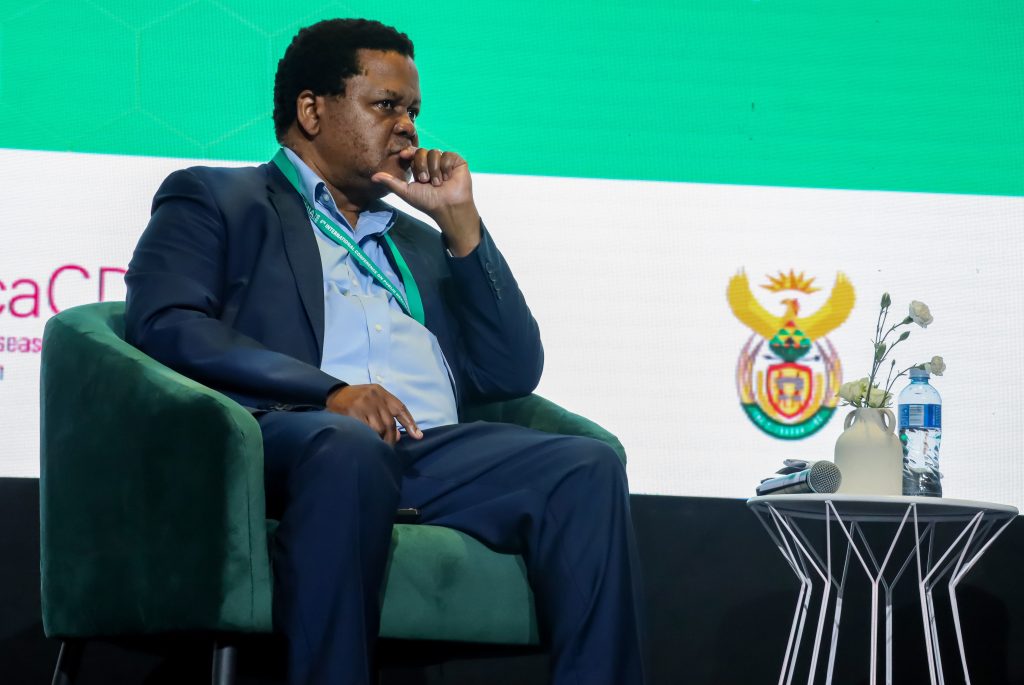
Dr Nhlanhla Msomi, President of AfricaBio, described CPHIA 2025 as a historic space where public health leaders, researchers, and policymakers could finally align on a shared innovation agenda for the continent.
“We are very grateful that at this conference, we finally meet with the public health leaders who should define what our innovation agenda should be,” he said. “Only through homegrown innovation can Africa develop sustainable, equitable, and contextually relevant health solutions.”
This year’s convening was impactful, with key focus on strengthening health financing and accountability mechanisms to build resilient systems; scaling digital health and telemedicine to reach underserved communities; expanding access to primary health care and universal coverage; accelerating local production of essential health commodities; and integrating climate resilience and One Health approaches to address cross-cutting challenges such as zoonotic diseases and environmental health threats.
The conference also spotlighted youth-led innovation, gender equity, and community engagement as critical drivers for achieving Universal Health Coverage (UHC) and health security across the continent.
As Africa steps into a pivotal decade for global health, the message from Durban was clear: self-reliance does not mean isolation, but more empowerment. Africa’s health future will be determined not by external aid, but by African ambition, ingenuity, and solidarity.





